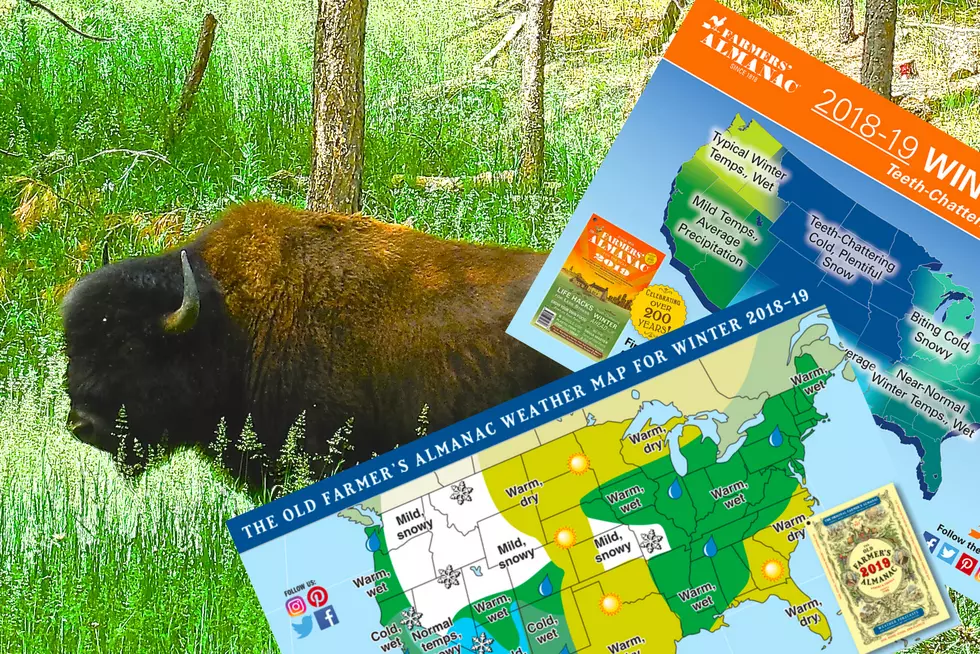
Frost Advisory Issued for South Dakota
If you grew up on a farm, chances are you start talking about the first frost of the year, in July. Especially on years with wet springs, when crops get planted a bit later, it's in the conversation mix even earlier in the year.
This year, crops were planted in a timely fashion. In fact, there are quite a few area farmers already done with beans and working on harvesting corn. That said, the first frost of the year is still something we look to. According to The National Weather Service, it looks like parts of South Dakota, Minnesota, and Iowa could see the first frost of the season Friday night October 15 into Saturday morning.

Central, East Central, South Central, and South East South Dakota as well as parts of Nebraska and Iowa are also keeping an eye on the weather.
There are times when farmers actually welcome a frost, especially when looking for help from Mother Nature to assist in drying crops for harvest.
Fun Fact from The Old Farmers Almanac, when it comes to frost; Frost is predicted when air temperatures reach 32°F (0°C), but because it is colder closer to the ground, a frost may occur even when air temperatures are just above freezing. Always keep an eye on your local weather forecast and plan to protect tender plants accordingly.
If you have some flowers or shrubs that you're trying to keep looking summerlike, a little longer, here's your heads up. Cover them up and keep warm.
LOOK: The most expensive weather and climate disasters in recent decades
TIPS: Here's how you can prepare for power outages
KEEP READING: Get answers to 51 of the most frequently asked weather questions...
More From KIKN-FM / Kickin' Country 99.1/100.5








![Meet Pippy, The Rez Dog That found a Home On the Range [LISTEN]](http://townsquare.media/site/483/files/2024/07/attachment-20240718_154443.jpg?w=980&q=75)
